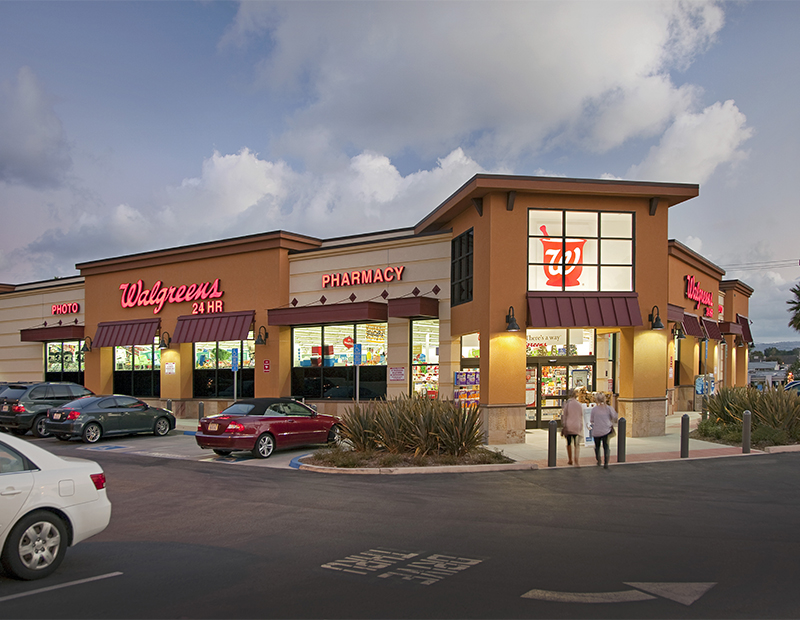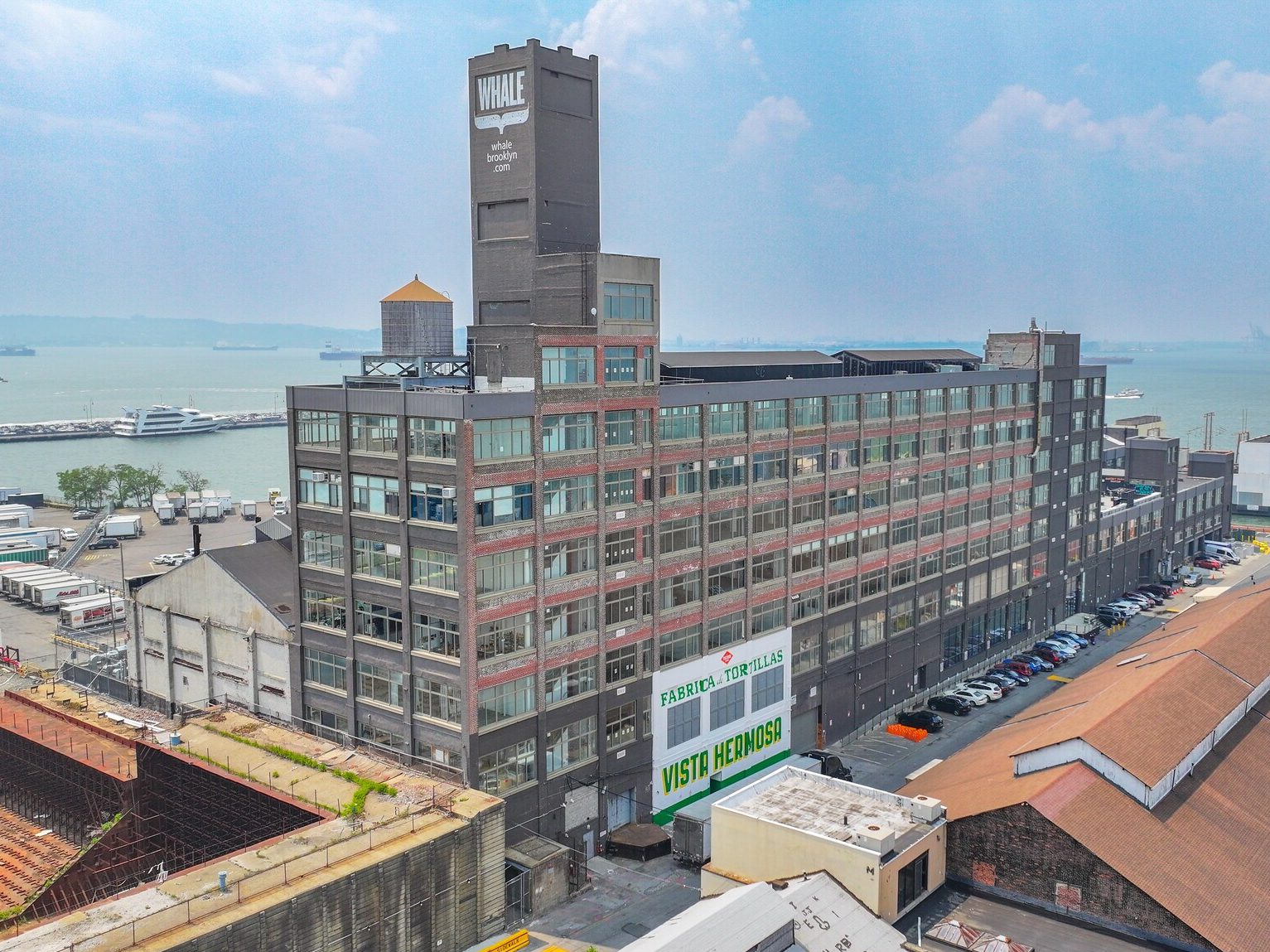Net Lease Transactions Plunge in Q2, Cap Rates Hold Steady: Report
Only dollar stores and pharmacies escaped a drop in sales volume, according to Avison Young.
Overall investment sales activity in the net lease real estate sector fell 37 percent during the second quarter, while acquisition yields held steady, according to Avison Young’s latest Cap Rate Report, a study produced by the firm’s U.S. Capital Markets Net Lease Group.
READ ALSO: Net Leased Pharmacies, Dollar Stores Perform Well Despite Pandemic
After a quarter-over-quarter decline of 27 percent in net lease sales activity in the first quarter of the year due to the start of sweeping pandemic-related shutdowns and stay-at-home orders, investors proceeded with caution. Trades during the second quarter totaled 264, compared to 416 in the first three months of the year. But as trade volume continued on the downswing, cap rates remained relatively consistent, with a quarter-over-quarter average increase of just 3 basis points to 6.39 percent. “The fact that cap rates haven’t risen in the face of such chilled activity suggests that investors and lenders are proceeding on only the highest-credit and best-leased deals,” according to the report.
Still winning
At the sector level, dollar stores and pharmacies—including Dollar General, Family Dollar and Dollar Tree along with Walgreens, CVS and Rite Aid—recorded the most positive numbers. The dollar store sector was the only sector to log a quarter-over-quarter rise in sales transactions, with trades going from 64 to 77 in the second quarter. With the increase, dollar stores displaced quick-service restaurants as the largest sector by volume. And leading dollar store chain Dollar General accounted for an even higher segment of total sales, increasing from a 78 percent share to an 84 percent share. Dollar store cap rates also increased, rising 17.1 basis points quarter-over-quarter from an average of 6.94 percent to 7.11 percent.
Pharmacies, which saw 43 sales for the second quarter in a row, joined dollar stores as the only sectors to avoid a downturn in the second quarter. Conversely, the cap rate for pharmacies decreased 62.9 basis points quarter-over-quarter to 6.31 percent. “As with the dollar stores, pharmacies are likely to benefit from this crisis,” according to the Avison Young report. “We are already seeing asking prices on pharmacies deals stubbornly staying in low 5 percents for newer stores and with some of the best credit in the single-tenant net lease world and good locations to boot, look to this sector to outperform in Q2 and the remainder of the year.”
Sector dissimilarities
Sales volume in the automotive sector dropped by more than half quarter-over-quarter, going from 52 trades to 21 trades, and cap rates decreased 8.7 basis points to 6.29 percent. In the medical net lease sector, trades plunged from 23 to just 7, marking one of the most severe declines in sales activity, and the cap rate decreased 29.4 basis points to 6.92 percent. It was the casual dining sector, however, that recorded the most drastic decline in trade, plunging from 31 in the first quarter to 7 in the second quarter, while the average cap rate increased from 6.30 percent to 6.40 percent.
Looking ahead, Avison Young anticipates that the worst is behind the net lease sector. “Absent some other shock to the system, we have likely hit the nadir of transactional activity and we expect an uptick from here,” the firm noted in the report. “While uncertainty exists surrounding the upcoming election, we believe that the last half of the year to have more transactional activity than the first half regardless of the outcome. There are billions of dollars that have been sitting on the sideline this year that still need to be invested.”
Read the full report by Avison Young.








You must be logged in to post a comment.